Watch hobbyist vs getting more serious about watches
-
Recently Browsing
- No registered users viewing this page.
-
Topics
-
Posts
-
By transporter · Posted
That we will, don’t really mind what the movement is, I’d like to find info on the maker, google is a little sparse and none of my reference books are coming up with anything -
Welcome to the forum, enjoy. Purchasing the best quality tools (if affordable) is the best option. However the skill of how to use them is even more important.
-
@Randy55 welcome, here are some screwdrivers I can highly recommend, not the cheapest out there, but I prefer them to my Bergeon ones.: And for tweezers I can't recommend highly enough the CousinsUK own brand titanium (link here), I even prefer them to the Dumont tweezers I have, here is my write up: Other piece of advice would be to 'cut to the chase' and get a trinocular microscope on a boom arm, I tried all kinds of loupes and visors etc, but now do 90% of my work on the scope.
-

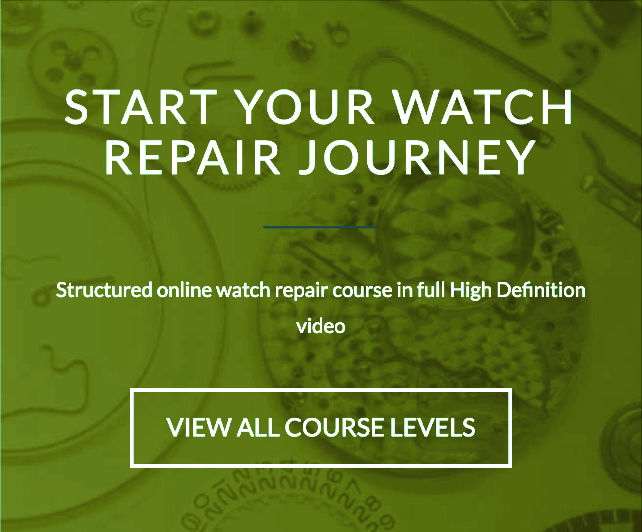

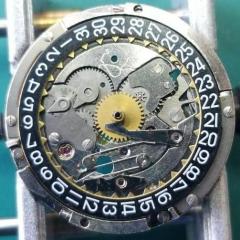
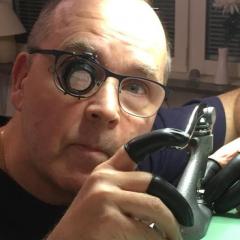

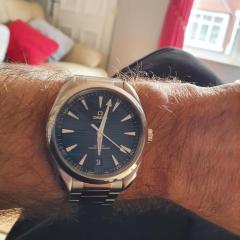
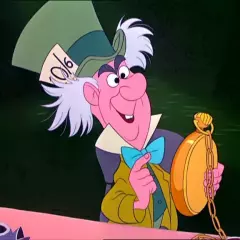
Recommended Posts
Join the conversation
You can post now and register later. If you have an account, sign in now to post with your account.
Note: Your post will require moderator approval before it will be visible.